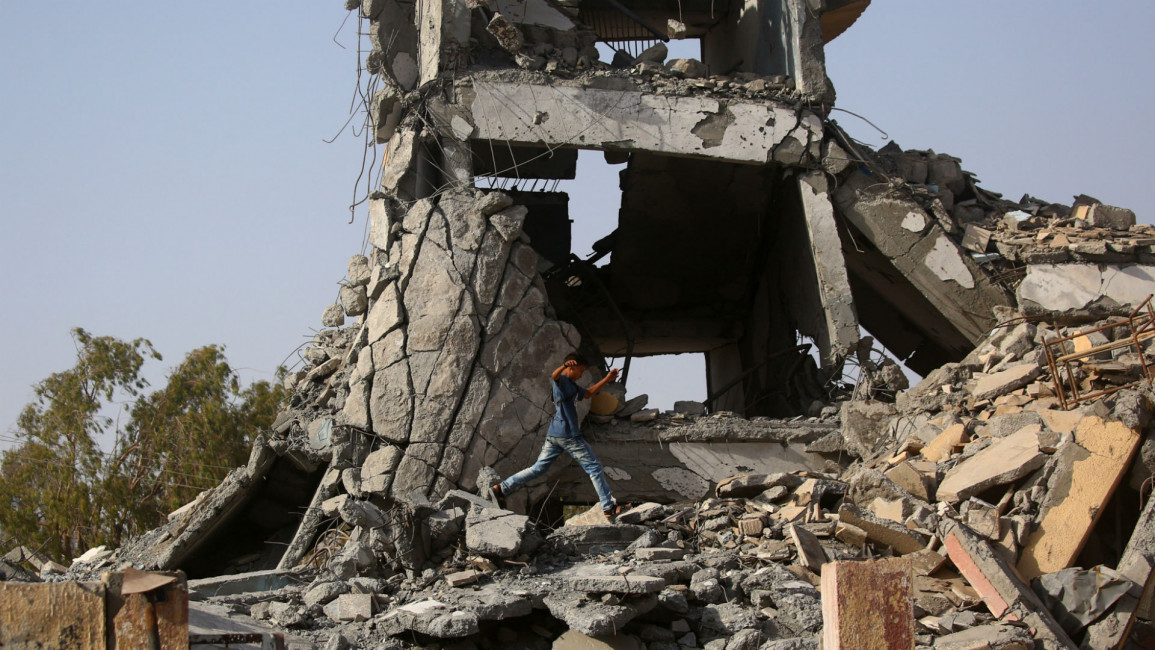US develops Syria border training to prevent IS resurgence
The US is implementing an expanded training programme in Syria for Kurdish and Arab border guards to help thwart a regrouping of Islamic State group militants in the country.
Earlier this month the US-led international coalition fighting the IS in Syria said it will remain in the country despite Russia's announced withdrawal of troops in the country, noting the war is not yet over.
In December, the Pentagon announced that the US has 2,000 troops in Syria - four times as many as officials had previously publicly acknowledged.
The border security forces "will help prevent resurgence of ISIS and will help bring control", Army Gen. Joseph Votel, head of US Central Command, said, adding that training will take place inside Syria.
"We do it right where it's needed."
The announcement reflects the end of major combat operations against IS and a shifting US focus to stabilise territory seized from the group.
The training will include instruction in interrogation, screening, biometric scanning and other skills to help US-backed Syrian forces identify insurgents who may be trying to cross into Syria from neighbouring countries.
The US is also discussing potential contributions from its coalition partners in the Arab world and Europe, who may be willing to contribute troops now that the emphasis is on peacekeeping and not fighting.
The increased training will focus on porous frontier areas with Iraq, Turkey, Lebanon and Jordan. The US only controls part of the Syrian border.
Supporting a larger border force could mean a longer US campaign in Syria at a time where the Trump administration has no practical relationship with the Syrian regime and still talks of a political transition which could end Bashar al-Assad's rule.
The Assad regime and allies Russia and Iran have been separately trying to re-impose security in the parts of the country they control.



